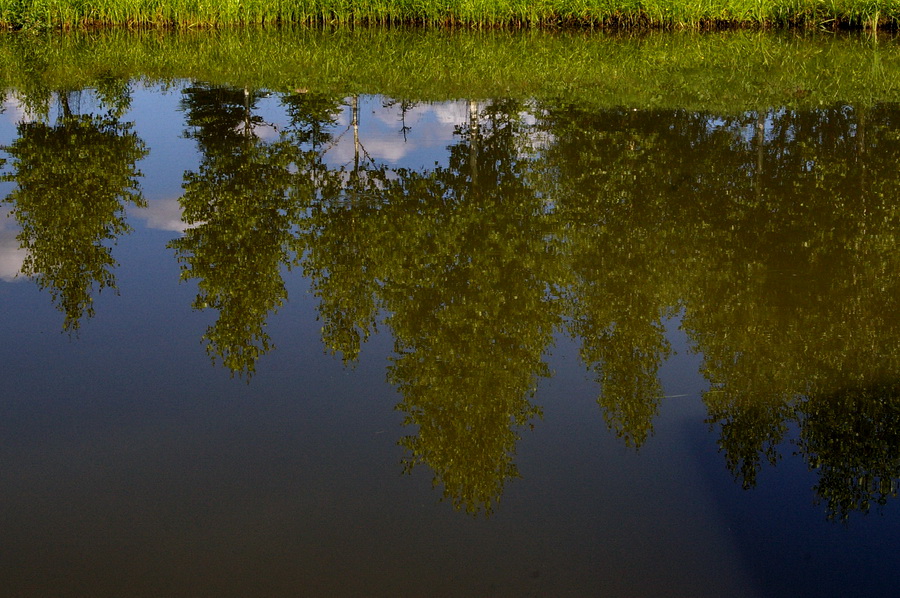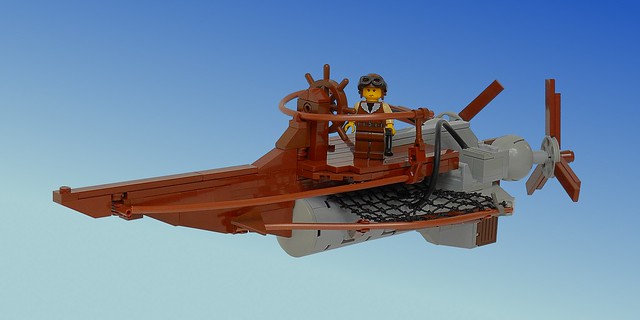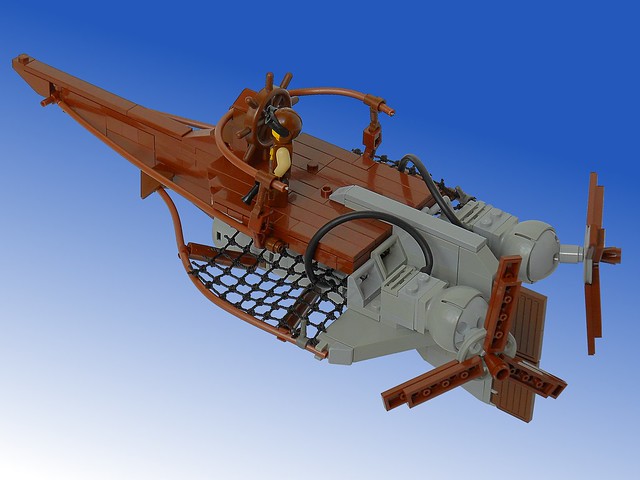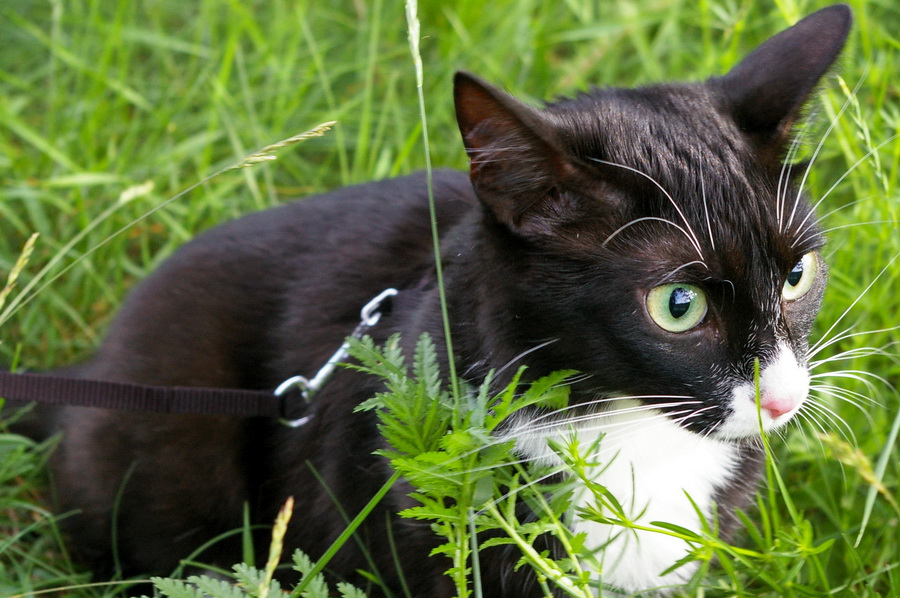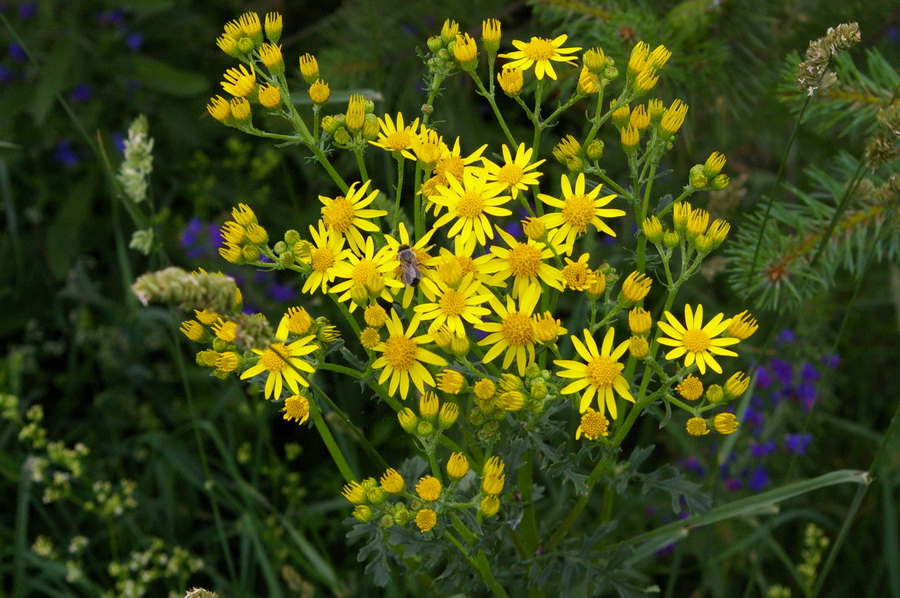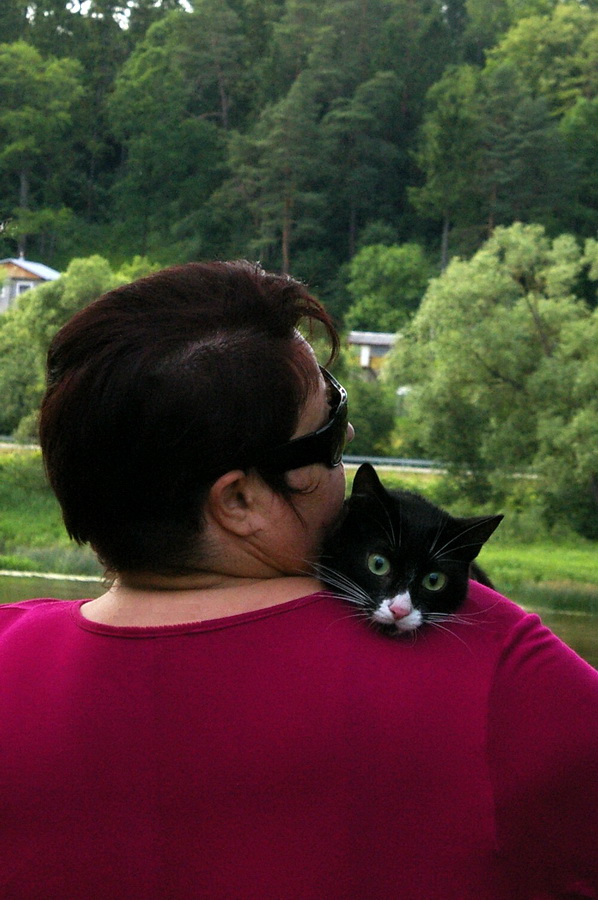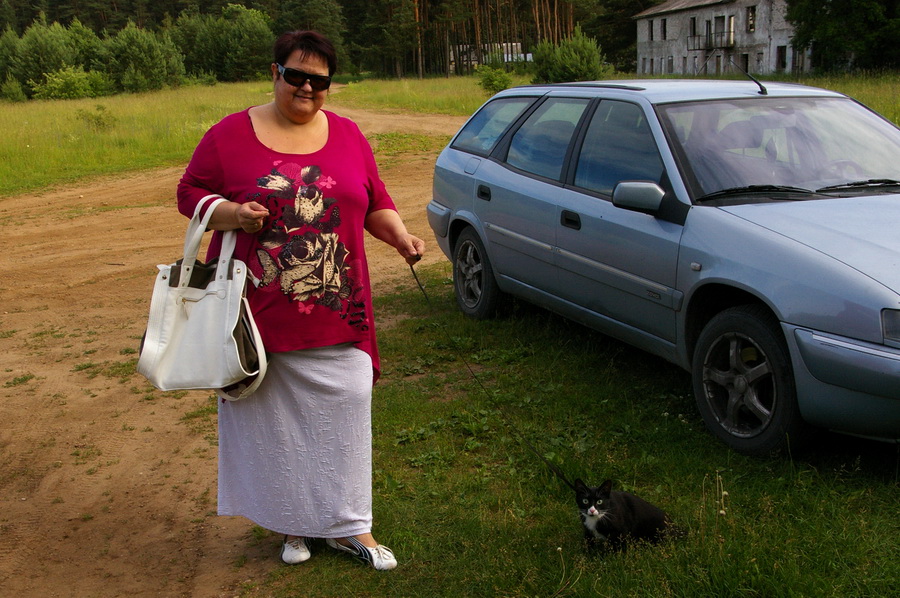Vertimas kvadratinėmis raidėmis iš citroenų kalbos:
В Ливии за неимением сильной и организованной власти радикальные исламисты всех мастей получили прекрасное убежище для дестабилизации всего региона Сахеля. В Сирии выступившие против правительства светские оппозиционеры и умеренные мусульмане постепенно сдают позиции экстремистам, которые отличаются большим фанатизмом, а также лучшей подготовкой и организацией. 9 апреля все маски были сняты. Глава иракского «отделения» «Аль-Каиды» Абу Бакр аль-Багдади заявил о его слиянии с движением «Джабхат ан-Нусра», которое является крупнейшей вооруженной исламистской группировкой в Сирии. Новое объединение называется «“Аль-Каида“ в Ираке и на Ближнем Востоке». Эта новость прозвучала немного позже призыва преемника Бин Ладена Аймана аз-Завахири к установлению исламистского режима в Сирии после свержения Башара Асада.
Вместо того, чтобы подобно немцам защищать наши стратегические и экономические интересы в шиитских Иране и Ираке, которые завтра станут настоящими региональными державами, наша дипломатия под давлением диванных революционеров играет на руку наиболее радикальным суннитам («Братьям-мусульманам» с их спонсорами из Катара, салафитам из Саудовской Аравии) и ставит под угрозу наших граждан во всем мире, а в скором времени, может быть, и во Франции.
Londono meras Borisas Džonsonas apie Sirijos „sukilėlių“ tikrąją esmę:
Just over a week ago, a 15-year-old boy called Mohammed Qataa was selling coffee from his stall in Aleppo. A friend of his asked for a cup, and said that he would pay him back later. What happened next is unimaginably dreadful — and yet no one has seriously contested any detail of the story.
Young Mohammed said that he didn’t take credit, and wanted payment for the coffee there and then. Indeed, he went on casually to say that even if the Prophet Mohammed had come down, he would not give him credit.
Alas, his jocular remark was overheard. Three members of a movement called the Islamic State of Iraq and Syria decided that they took exception. So they kidnapped the kid, and took him off to beat him; and then, in the early hours of Sunday morning, they brought him back — with whiplash marks on his body — and dumped him, still alive, by his coffee stand. A crowd gathered around, and a member of the brigade made a little speech of explanation.
“Generous citizens of Aleppo, disbelieving in God is polytheism and cursing the prophet is polytheism. Whoever curses even once will be punished like this!”
And in full view of the crowd, which by now included the boy’s parents — pleading hysterically — this man fired two bullets from an automatic weapon into Mohammed Qataa’s head, killing him instantly. The defenceless child was no supporter of the Syrian government, by the way. From the beginning of the civil war, he had joined street demonstrations in favour of democracy. In so far as he was on anyone’s side, he was pro-rebellion and anti-Assad. What are the words we use to describe the men who did this?
Stratfor nustatė pagrindines Asado kariuomenės, dabar jau vadinamos
lojalistais, problemas, siekiant užimti Alepą ir taip iš esmės pasiekti esminę pergalę pilietiniame kare – tiekiimo užtikrinimas ir galimas JAV ginklų tiekimas islamistams:
First, the main concentration of regime forces is a considerable distance from Aleppo and is largely isolated due to rebel efforts to sever its supply lines. The closest significant concentration of regime forces is in Idlib city, but those troops are mostly cut off from the south. Therefore, any serious advance on Aleppo would have to come from the main concentration of loyalist forces in the core. The closest realistic staging point for these forces to advance northward would be from Hama governorate.
…
Complicating the regime’s future battle plans even further is the recent U.S. decision to increase the arming of the rebels. There will likely be a combination of more direct aid from the United States and looser restrictions on the quantity and quality of weapons that other states are already providing. The United States is moving toward a more prominent role in arming the rebels, but at least initially its involvement will be heavily tempered by its desire to avoid putting weapons, particularly man-portable air-defense systems, in the hands of extremist groups.
